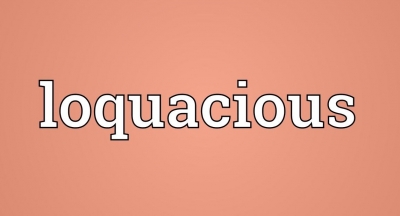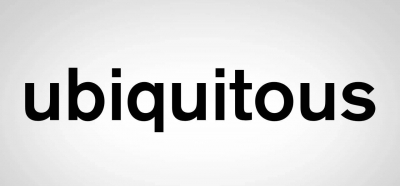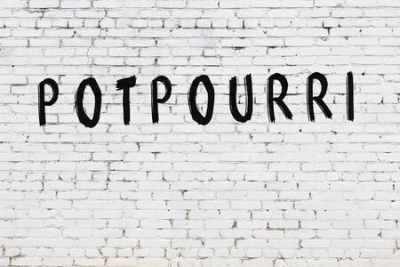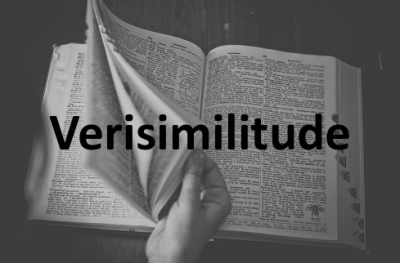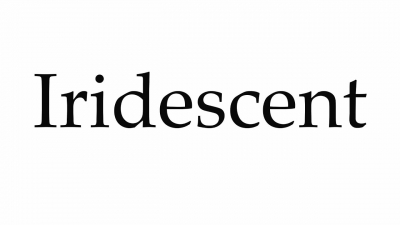What is the scope of a degree in functional English?

I am interested in doing a degree in English. What is the scope of a degree in functional English and what are the career opportunities available?
While the traditional careers for English majors are teaching, editing, and writing, it is also possible to go into other fields. Along with graduation in English, you can take up some short-term course in media (print or electronic), publishing, business management, social work, library service, broadcasting, public relations, advertising, marketing, tourism, etc.
Publishing is an area that is coming up fast, and those with a literary bent of mind should definitely consider it. Those with strong professional training in interpretation and communication are needed in "information handling" fields such as journalism. Translation is yet another area, especially if you're familiar with other languages besides English. Due to their improved skills, even advertising and PR agencies find them more suitable for their work.
Creative writing and even technical writing is yet 5 another option. A career in technical writing does not require a scientific or engineering background, but it does require an excellent command of the English language: and the ability to write logically, clearly and accurately. Your research and reporting skills must also be sharp, because you must gather all the facts and concepts for your writing from the engineers, systems analysts, and programmers who develop and design the technology Once you have gleaned the information, your job is to present it to the lay person in an accurate and highly readable manner, so the ability to grasp technical concepts and explain them in easy-to-understand terms is essential.
Those with a good command over the language, particularly in spoken English and basic computer skills can also look at openings in leading call centres. Starting out as a call centre executive you can move up the ladder to the position of team leader and business development manager if you have what it takes.
With a higher degree in English, a student has a better grasp of the language, perception, sensitivity and control over writing skills. Besides entering into college and university level teaching, many post-graduates venture into training industry personnel on communication strategies.
Picture Credit : Google

